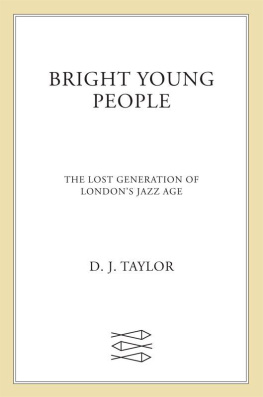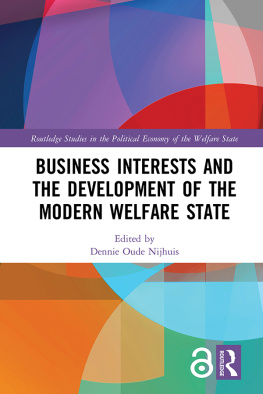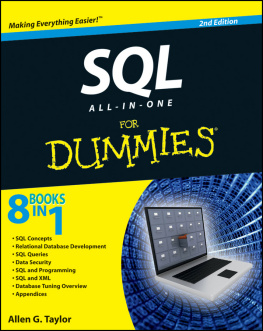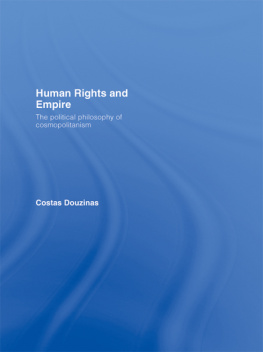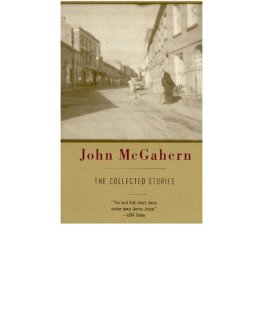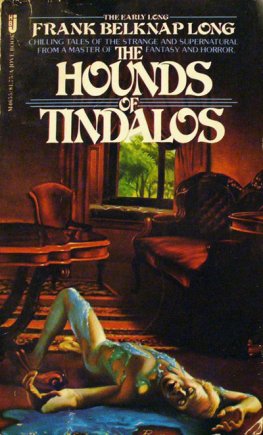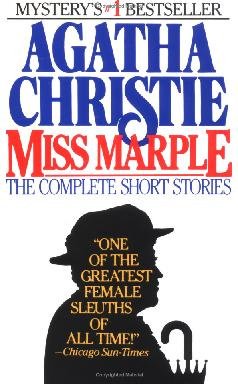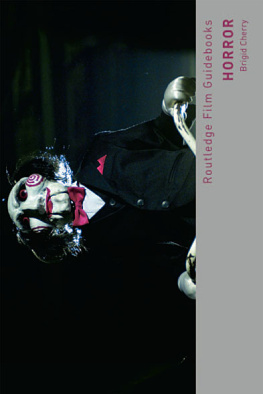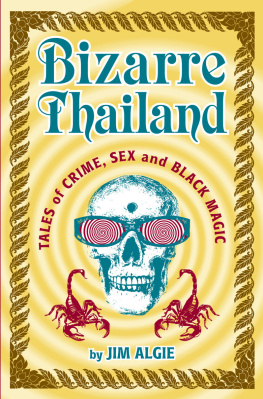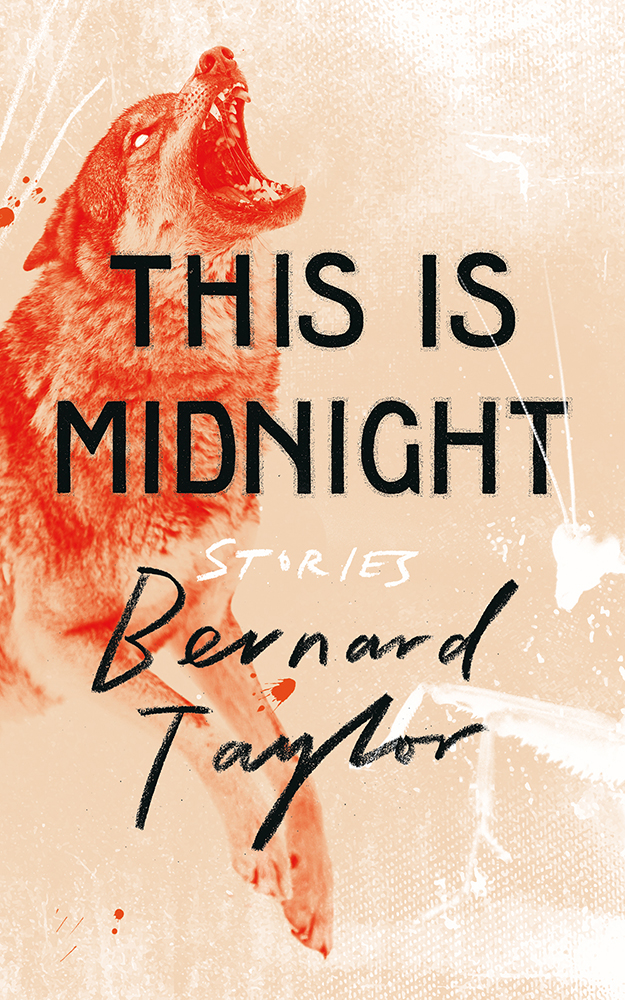THIS IS MIDNIGHT
stories by
BERNARD TAYLOR
VALANCOURT BOOKS
This Is Midnight by Bernard Taylor
Originally published in hardcover by Centipede Press in July 2017
First Valancourt Books edition 2019
Copyright 2017 by Bernard Taylor
Published by Valancourt Books, Richmond, Virginia
http://www.valancourtbooks.com
All rights reserved. The use of any part of this publication reproduced, transmitted in any form or by any means, electronic, mechanical, photocopying, recording, or otherwise, or stored in a retrieval system, without prior written consent of the publisher, constitutes an infringement of the copyright law.
This is Midnight
Let no star delude us
Dawn is very far...
Rudyard Kipling
INTRODUCTION
How pleased I am to have my handful of short stories brought together for better or worse.
As for the writing of them, I cant speak for other writers, of course, but my own embarking on a short story was never a planned exercise. The story, or the germ of it, would usually come springing from something observed, or something heard or read about sometimes the most trivial happening, at other times something a little more momentous.
The few short tales that I have written, and which are here in these pages, mostly came from the period before I turned my attention to writing full-length works. And, as it so happened, in several cases a particular short story would lead in time to a full length novel.
On my return from the USA in the late sixties I was for the most part working as an actor, while during those periods when I was resting as out-of-work actors have it I was glad to spend the odd day, week or month as a supply/substitute teacher, at schools in the East End of London.
It was about this time that I became friends with a professional writer who had published several novels as well as a number of short stories horror stories, all of them. And why dont you, he said to me one day, try writing a horror story? Well, I said, I would if I had an idea for one.
And then it happened. A few days later, in the classroom at the school where I was currently spending a few days as a teacher, one of my pupils, sitting at her desk, gave a wide yawn. And I could see at once that she was also chewing. But it was not this prohibited act that got my sharp attention; it was the appearance of the gum in her open mouth. A pale, greenish colour, for a brief moment I could see it stretched across the inside of her gaping mouth like some unbelievably grotesque living creature.
And so I went home that night and wrote a story, to be published later as Our Last Nanny.
I mention this little incident simply as an example of how the most fleeting, banal and trivial occurrence can sometimes lead to the germ of an idea in this particular case leading to the first of my stories to be published.
But the second of my tales sprang from something altogether much deeper, darker an incident that stayed with me, and remains with me today. And perhaps it will be of interest to my readers now to have this extra little short story to add to those that are to come.
Paula Hawkins novel The Girl on the Train , is of course, and deservedly so, a best-seller concerning a young woman who observes an interesting ongoing situation from her train window on her daily commute. And something with a similar shadowy tone once happened to me. But while my tale would not include the observance of any crime, crime was certainly embedded in my view, and in my case the ghost of real, actual crime.
It happened one dark night in the late nineteen-sixties as I made my way home through the streets of the Ladbroke Grove area of west London. It had been raining all evening, but now the rain had stopped. There was no sign of a moon, and in the dank, gloomy streets the pale yellow lamplight reflected dully in the wet pavements. To my irritation, I found I was lost. I had been visiting friends for dinner nearby and now, trying to make my way by means of a short cut to the Tube station, I had somehow taken a wrong turning, with the result that there came the sudden realisation that I didnt know where I was.
I was not at all familiar with the area; all about me was strange. I walked on, searching for some landmark or other familiar sight, heading in what I thought must be somewhere in the right direction. And then, turning a corner, I found myself at the entrance to a dark little cul-de-sac. In the gloom, I could just make out the name of the place, and saw that I was standing at the entrance to Ruston Close.
At once in my head the name rang some tenebrous little bell. And in a second it came to me that this half-hidden, little dead-end street had not so long before boasted the home of John Reginald Christie, one of Englands most notorious serial killers, hanged in 1953 for his crimes. The original name of the cul-de-sac was in fact Rillington Place, with Christie and his sad, doomed wife living at number . Rillington Place . Just the sound of those words brought its own frisson, as it does still today.
Not surprisingly, following Christies execution the name of the street had been changed in an attempt to dissociate it from the catalogue of dreadful horrors that had taken place there, horrors with which it would for ever be associated.
Much has since been written about Christies evil doings, and by coincidence, even as I write these words the BBC is preparing to broadcast yet another dramatization of the events that took place under the bloody hands of this most infamous man.
Anyway, there I was, some fifty or so years ago, standing in the wet darkness, lit only by a pale streetlamp, at the entrance to one of Londons most notorious scenes of criminality.
And then I suddenly realised that the whole of the little street was dead, quite dead. Not only was there no sign of any living soul about, but there were no lights burning in any of the windows. I stood there. I couldnt turn about and go on my way, I couldnt pass it by, and after a minute I ventured in. My footfalls hollow on the wet cement I walked up the little dead-end street (and was there ever a more apt description of this particular cul-de-sac?), walking between the two rows of Victorian terrace houses to the one at the very end, number , Christies erstwhile home, the house where the murders had been committed. And on reaching it I saw that it was in the process of being demolished. But of course. This, I realised, accounted for the dead, lifeless windows, the dark solitude of the place. For it was not only number that was to go. That was merely to be the first. The whole two rows of houses, I realised, were about to be destroyed. The powers that be had clearly come to the realisation that a new name would never be enough to dispatch the horror from the spot, could never ever make this humble little street habitable again.
With Christies house the last one in the row, I saw that its external left side abutted a high wall that stretched right across the street, and as I stood there I heard, dispelling the quiet, the sound of an approaching Tube train. Moments later it was rattling past on the other side of the barrier wall.
I stayed after the sound of the train had faded in the distance, standing looking up at the disfigured face of number . The demolition, I saw, was well under way. Some of the upper front wall had already been torn down, and in the gloom I could just make out the dingy interiors of the upper rooms.
After standing there staring at the wretched scene for a few moments longer, I turned and found my way back to the station, and then home.
The next morning I was called on to teach, and on my way to the school where I was to spend the next few days, I found of all the coincidences that my train would run on the track that lay on the other side of the wall that abutted Ruston Close and the wretched remains of number . And minutes later, and now in the bright sunlight, as the train rumbled past, I could see again, so close, the ruined house, with its broken walls, and I could see clearly too the flower-patterned wallpaper on the walls, wallpaper that Christie himself had no doubt hung he being a handy man-about-the-house and which would have helped to hide for years his dark secrets.



